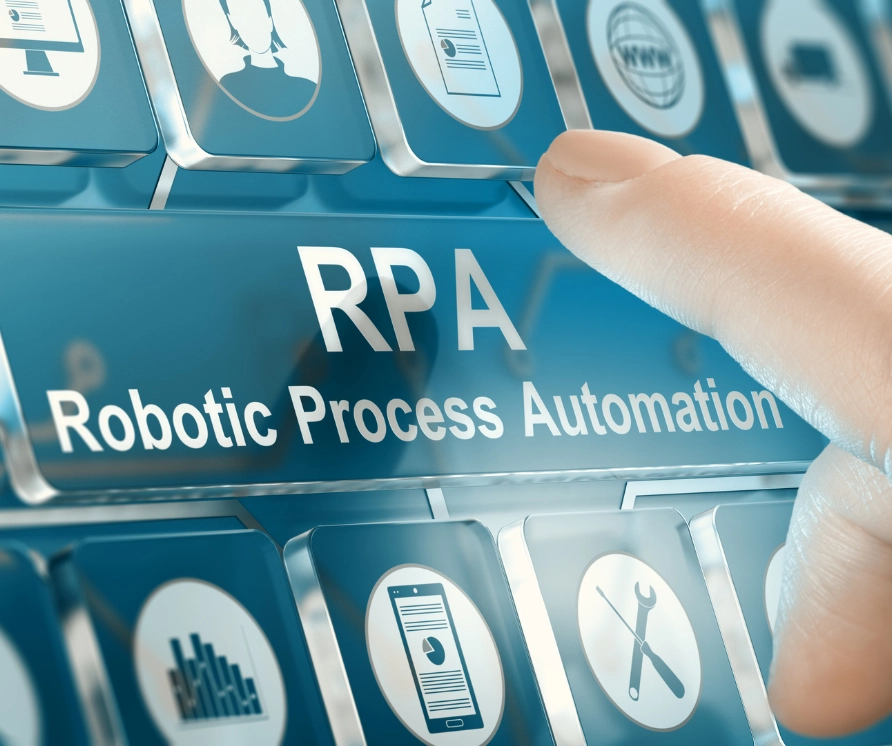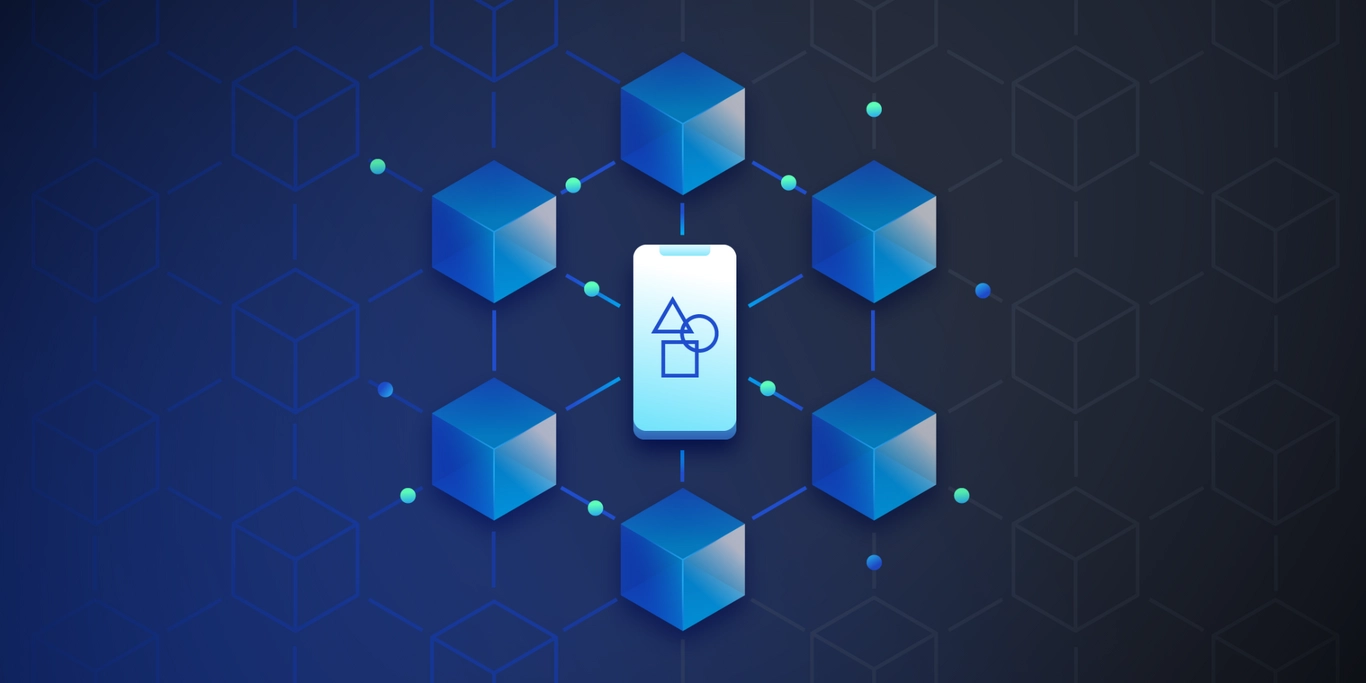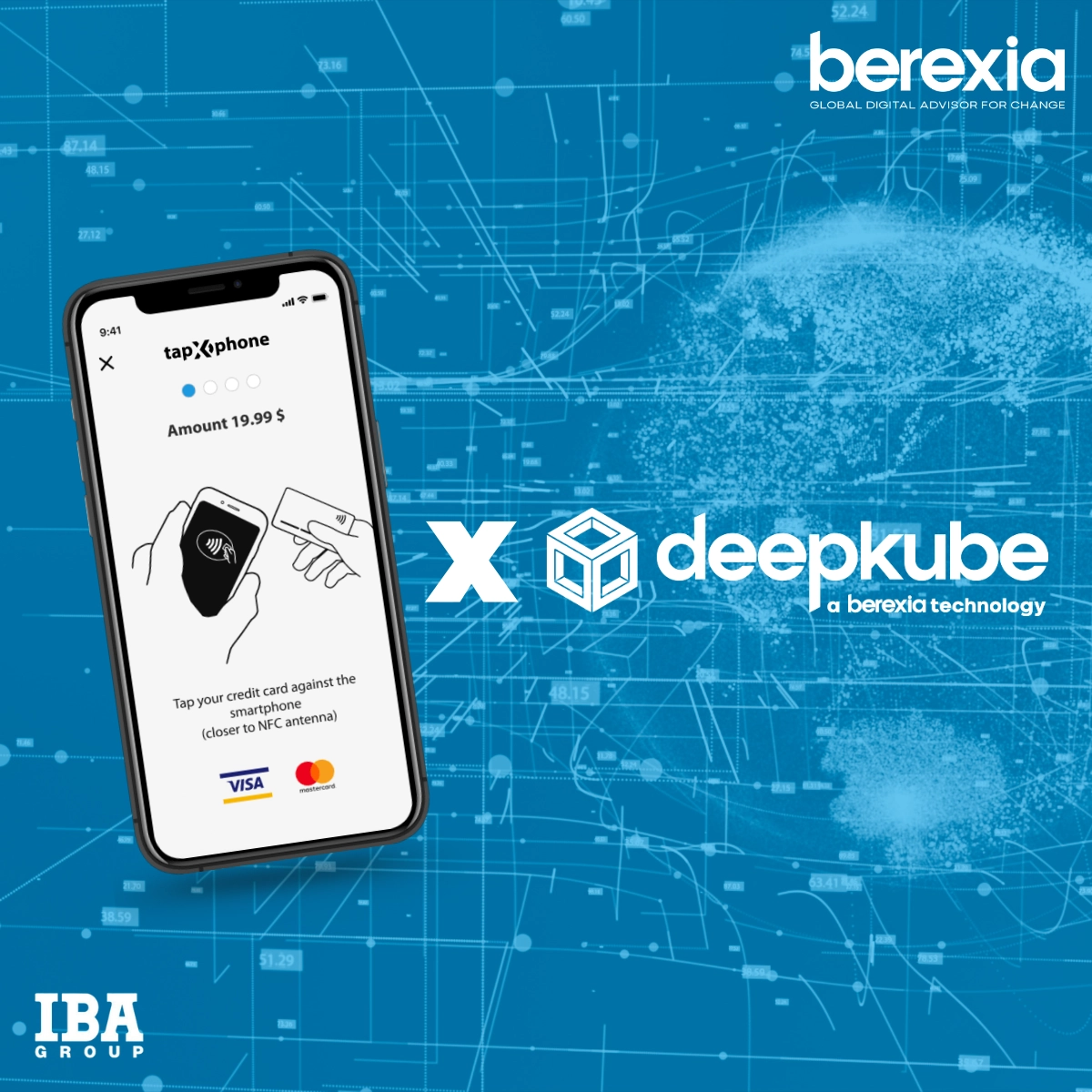Robotic Process Automation (RPA) is a technology that automates repetitive and time-consuming tasks using software “robots.” These robots mimic human actions on digital interfaces, such as data entry or transaction management, boosting business efficiency.
How Does RPA Work?
RPA uses software to perform rule-based tasks without human intervention. Unlike more complex solutions, RPA can easily integrate with existing systems, whether legacy or modern.
Key Benefits of RPA
- Cost Reduction: Automating manual tasks reduces the workload for teams, enabling businesses to save on costs.
- Productivity Gains: Robots can work continuously without errors, enhancing overall efficiency.
- Increased Accuracy: Fewer human errors result in better quality outcomes.
- Flexibility: RPA quickly adapts to new needs and can scale with the business.
- Compliance: By following pre-programmed processes, robots ensure better traceability and regulatory compliance.
RPA Use Case in Insurance: Streamlining Claims Processing
In the insurance sector, RPA is an effective solution to optimize claims processing, which is often a time-consuming task. Berexia has collaborated with companies in the industry to deploy robots that automatically route claims emails to the appropriate departments while pre-filling certain form fields. This solution reduces processing times, improves accuracy, and enhances customer satisfaction. By freeing teams from administrative tasks, this automation allows them to focus on higher-value activities.
Challenges of RPA
The initial implementation can require investment, and regular updates of the robots are necessary. Additionally, employee resistance to change can be a barrier to adoption.
Conclusion
RPA is a powerful solution for automating repetitive tasks, improving efficiency, and reducing costs. It is a strategic tool for any business looking to optimize operations in an increasingly competitive environment.
Examples of RPA Applications:
- HR: Automating leave management and employee record updates.
- Retail: Managing inventory, processing orders, and tracking deliveries.































